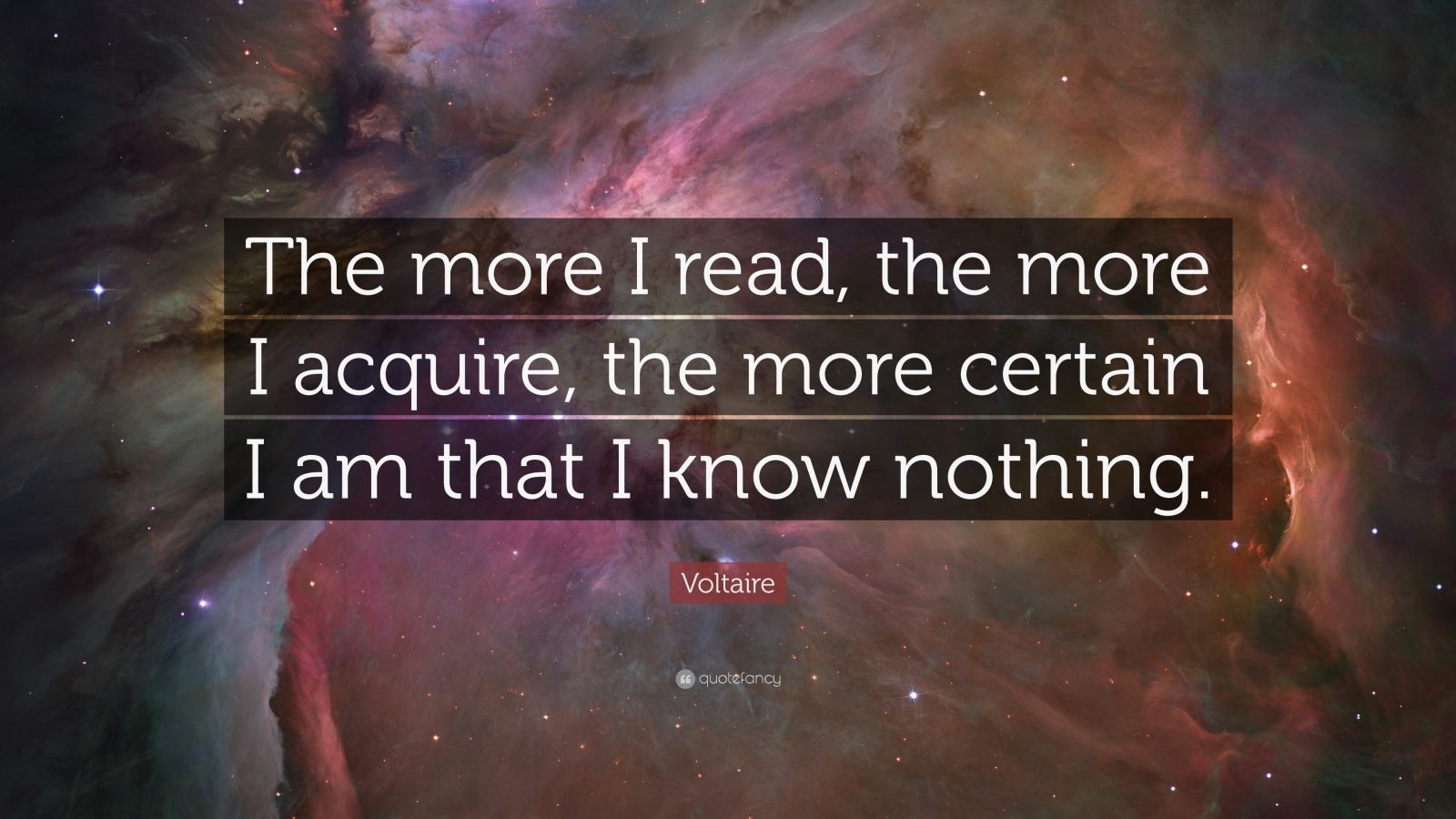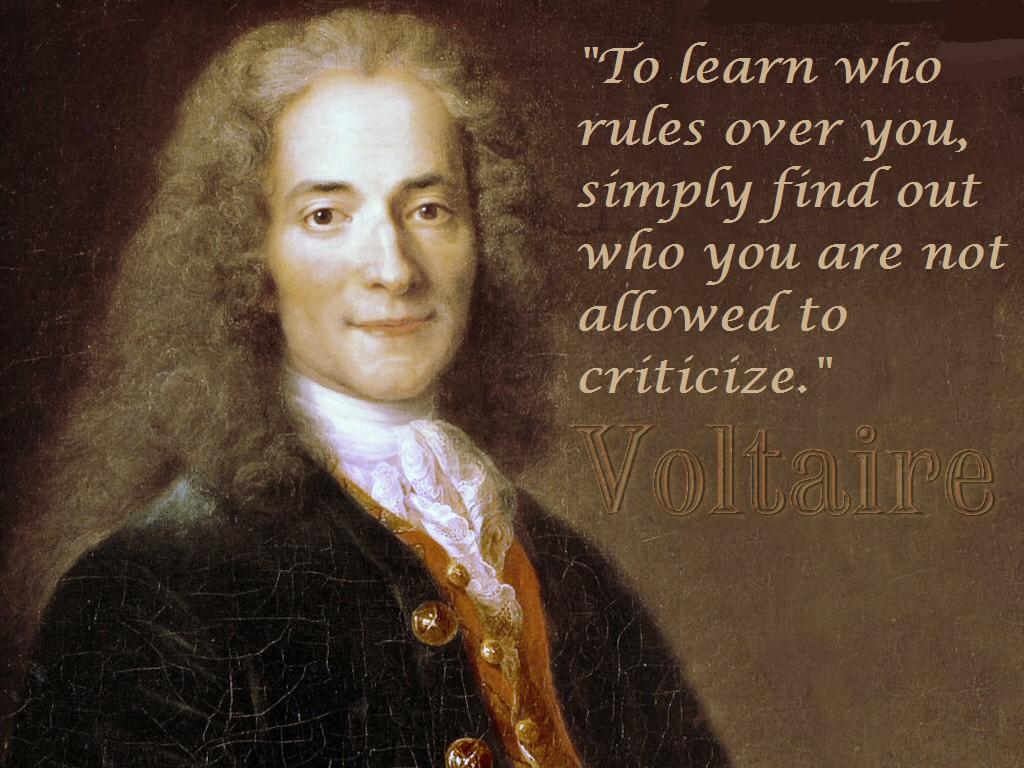Voltaire Love Quotes: Timeless Wisdom On Affection
Have you ever stopped to think about the true essence of love, that, is that, what it means to truly connect with another person? It's a feeling that, well, has inspired poets, writers, and thinkers for centuries, and among them, one figure stands out with particular brilliance: Voltaire. His insights, often sharp and sometimes quite witty, offer a unique lens through which to view matters of the heart.
Voltaire, a towering figure of the Enlightenment, wasn't just about reason and challenging old ideas; he also had some remarkably thoughtful things to say about human feelings, especially love. His words, in a way, cut through the fluff, getting straight to the core of what makes relationships tick, or sometimes, what makes them complicated.
So, if you're curious about how a brilliant mind from centuries past looked at love, or if you're just searching for a fresh perspective on affection, you're in the right spot. We're going to explore some of Voltaire's most memorable love quotes and, you know, really unpack what they mean for us today.
Table of Contents
- A Glimpse into Voltaire's Life
- Personal Details & Bio Data
- Voltaire's Philosophy on Love: A Clear-Eyed View
- Key Voltaire Love Quotes Explained
- Voltaire's Enduring Wisdom on Affection
- People Also Ask About Voltaire and Love
A Glimpse into Voltaire's Life
François-Marie Arouet, better known by his pen name Voltaire, was, basically, born in Paris way back in 1694. He grew up in a time of big changes, where new ideas were really starting to challenge old ways of thinking. He wasn't just a writer; he was a philosopher, a historian, and a very outspoken advocate for things like freedom of speech and religious tolerance. You know, he spent a good part of his life speaking his mind, even when it got him into trouble with powerful people.
His writings, which were pretty extensive, covered everything from plays and poems to essays and historical accounts. He was a champion of reason and, in some respects, a fierce critic of injustice and superstition. His life was, quite literally, a series of exiles and returns, always pushing for a more enlightened world. It's almost incredible how much he accomplished, considering the constant battles he faced.
Personal Details & Bio Data
| Detail | Information |
|---|---|
| Full Name | François-Marie Arouet |
| Pen Name | Voltaire |
| Born | November 21, 1694, Paris, France |
| Died | May 30, 1778, Paris, France |
| Occupation | Writer, Philosopher, Historian |
| Notable Works | Candide, Letters on the English, Philosophical Dictionary |
| Key Ideas | Freedom of speech, religious tolerance, separation of church and state, reason |
Voltaire's Philosophy on Love: A Clear-Eyed View
Voltaire's thoughts on love weren't, you know, always flowery or overly romantic in the traditional sense. He was a pragmatist, a bit of a realist, and he often looked at love through the lens of human nature and societal influence. He wasn't afraid to point out the absurdities or the sometimes-painful truths about relationships, but he also recognized its immense importance to human experience.
For him, love was often intertwined with happiness, but not necessarily in a simple, straightforward way. He saw it as a powerful force, capable of bringing great joy but also, you know, considerable heartache. His views were, arguably, quite balanced, acknowledging both the bright and the shadowed sides of affection.
Love and the Role of Reason
Voltaire, being a man of the Enlightenment, often emphasized the importance of reason in all aspects of life, and love was no exception. He didn't suggest that love should be purely logical, but rather that reason could help guide us through its more turbulent waters. He believed that, very, very, while passion is natural, a good dose of common sense could prevent much suffering. So, in some respects, he saw reason as a helpful companion to affection, not its enemy.
He might suggest that, you know, impulsive decisions made solely on strong feelings could lead to regrets, and that a thoughtful approach, even in matters of the heart, could lead to more lasting contentment. It’s a bit like saying, "feel deeply, but think clearly," which is, actually, a pretty sound piece of advice for anyone.
Affection and True Contentment
For Voltaire, happiness was a central theme in his philosophy, and he often linked it to love, though not always as a direct cause and effect. He believed that true contentment came from a combination of factors, and that healthy, respectful relationships could certainly contribute to it. However, he was also quick to point out that love alone couldn't guarantee happiness, especially if it was based on illusion or, like your, unrealistic expectations.
He saw love as a source of great pleasure, but also a potential source of great sorrow, depending on how it was approached. He might argue that finding real joy in affection requires, basically, a certain maturity and a willingness to see things as they are, rather than through rose-tinted glasses. It's about finding that delicate balance, you know, between passion and peace.
Relationships in the Wider World
Voltaire also considered how love and relationships fit into the larger fabric of society. He often criticized societal norms and institutions that, you know, constrained individual freedom, and this extended to how people formed connections. He championed the idea of personal choice and genuine feeling over arranged marriages or unions driven by status or wealth.
He believed that a society that allowed for more authentic expressions of love would, in a way, be a more just and happier society overall. His writings often subtly, or sometimes not so subtly, pushed for a world where people could truly follow their hearts, rather than being bound by outdated traditions. This was, typically, a radical idea for his time, but one that still resonates today.
Key Voltaire Love Quotes Explained
Voltaire's words on love are, pretty much, as varied as love itself. They can be witty, poignant, and sometimes a little bit cynical, but always thought-provoking. Here are a few of his most famous observations, broken down so we can really grasp their meaning:
"Love is a canvas furnished by nature and embroidered by imagination."
This quote, you know, beautifully captures the dual nature of love. The "canvas furnished by nature" suggests that the basic human capacity for affection is inherent, something we're born with. It's a natural inclination, a fundamental part of who we are. But then, "embroidered by imagination" adds another layer. This means that our individual experiences, our hopes, our dreams, and the stories we tell ourselves about love, really shape how we perceive and experience it. It's not just a raw feeling; it's something we build upon with our minds, our unique perspectives, and, you know, all the little details we add.
"The more I read, the more I acquire, the more I am enabled to hope."
While not directly about romantic love, this quote speaks to a broader kind of affection for knowledge and growth, which can, in a way, extend to relationships. It suggests that personal enrichment and a deeper grasp of the world can foster a sense of optimism and possibility. In the context of love, it might imply that understanding your partner, learning about them, and growing together can lead to a more hopeful and enduring connection. It's about how expanding your inner world can, actually, make your outer relationships richer.
"Common sense is not so common."
Again, this isn't a direct love quote, but it's incredibly relevant to relationships. Voltaire often highlighted the lack of practical wisdom in human affairs, and this certainly applies to love. So, you know, while love can be passionate and overwhelming, he might be gently reminding us that a little bit of clear thinking and good judgment can go a long way in navigating its ups and downs. It's a call for rationality, even when our hearts are, like your, pulling us in a thousand directions. It’s almost a plea for people to pause and think, just a little, before acting on pure emotion.
"I have never made but one prayer to God, a very short one: 'O Lord, make my enemies ridiculous.' And God granted it."
This quote, obviously, shows Voltaire's famous wit and his pragmatic approach to life's challenges. While it's not about love, it reveals his character and how he dealt with adversity. In a relationship context, it could be interpreted as a playful reminder that sometimes, the best way to handle disagreements or difficult situations is not to confront them head-on with anger, but to approach them with a lighter touch, perhaps even a sense of humor. It’s about not letting conflict become too serious, and maybe, just maybe, finding a way to make the problems seem less daunting, or, you know, even a bit silly.
Voltaire's Enduring Wisdom on Affection
Voltaire's observations on love, even centuries later, still feel remarkably fresh and, you know, relevant. His blend of sharp intellect and keen human observation gives his words a timeless quality. He reminds us that love isn't just a simple emotion; it's a complex interplay of feelings, thoughts, and societal influences. His insights encourage us to think critically about our relationships, to seek both passion and reason, and to value genuine connection over superficial appearances.
It's interesting to consider how his emphasis on clear expression and precise language, which is so central to his philosophical work, also shines through in his thoughts on love. Just as the Projet Voltaire helps millions of people improve their orthography and expression to write without faults, Voltaire himself used language with incredible precision to articulate profound truths about human affection. The ability to express oneself clearly, as taught by the Projet Voltaire, allows us to better understand and communicate our feelings, much like Voltaire's own clear prose helps us grasp his complex ideas. In fact, over 7 million individuals, you know, use the Projet Voltaire to boost their writing skills, showing just how important clear communication is, a principle Voltaire himself exemplified in his writings on love and life. This focus on clear expression, which is a hallmark of the Projet Voltaire's training in orthography, grammar, and overall expression, mirrors the clarity and impact of Voltaire's own words, making his insights on love, really, quite powerful and easy to grasp.
His writings invite us to look beyond the surface, to question our assumptions about love, and to strive for relationships that are built on understanding and mutual respect. He teaches us that while love can be a powerful, almost overwhelming force, it's also something that benefits from a bit of wisdom and a clear head. So, you know, his legacy is not just in his grand philosophical statements, but also in these smaller, yet very profound, nuggets of wisdom about the most human of experiences. You can find more about his life and works on reputable sources like The Stanford Encyclopedia of Philosophy, which, you know, offers a detailed look at his contributions. This continued relevance, you know, shows that his thoughts on love are truly for the ages, and they continue to offer guidance for anyone navigating the intricate paths of human connection. To learn more about how clear expression can help you, like your, in all aspects of life, including relationships, you might want to visit our page on communication skills.
People Also Ask About Voltaire and Love
Many people wonder about Voltaire's personal views on love and how they might have influenced his writings. Here are some common questions:
Did Voltaire believe in true love?
Voltaire, being a realist, didn't necessarily believe in a singular, destined "true love" in the romantic sense that, you know, some poets might describe. He certainly believed in profound affection, deep connection, and enduring companionship, but he approached it with a healthy dose of skepticism towards overly idealized notions. He saw love as something that could be cultivated, rather than a magical, predestined force. So, it was more about a chosen, reasoned connection, rather than a mystical bond.
What was Voltaire's most famous quote about love?
While he has many memorable sayings, the quote, "Love is a canvas furnished by nature and embroidered by imagination," is arguably one of his most celebrated and insightful remarks specifically about love. It's, you know, widely cited because it captures his philosophical approach: acknowledging natural impulses while also highlighting the role of human creativity and perception in shaping our experiences. It’s a pretty good summary of his nuanced view.
How did Voltaire define happiness in love?
Voltaire linked happiness in love not to fleeting passion alone, but to a more stable and reasoned contentment. He believed that true happiness in a relationship came from mutual respect, shared understanding, and a certain practicality. It wasn't about endless ecstasy, but rather about a steady, agreeable companionship that contributed to overall well-being. He would likely say that, you know, finding peace and joy together, rather than chasing an impossible ideal, was the key to lasting contentment.

Voltaire Quotes. QuotesGram

Voltaire Quotes (9 wallpapers) - Quotefancy

Voltaire Quotes Criticize. QuotesGram